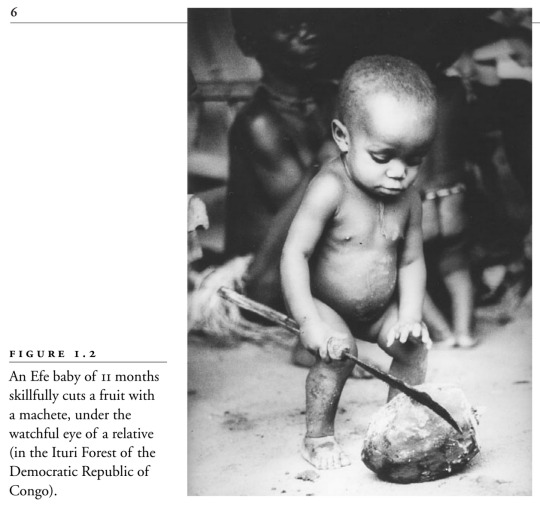#ftr I am specifically saying that it adds an important and interesting dimension to models of disability based on the social model
Note
I saw your tags on the post about trick or treaters not speaking and I am v interested in hearing more of your thoughts on the concept of “developmental delays”! I‘ve seen the idea that disability is a construct, but I’m not as familiar with the idea that development is also a construct. You have really great takes as an educator and someone who like, actually GETS how kids work, so I am interested in your thoughts!
I also know that posting on this subject might be poking the bear, so it is 1000% cool if you would rather not comment 💜 Tysm!
Oh I'm happy to talk about it! I love talking about this stuff, thank you for asking me to 💙
This isn't exactly new ground; there's been plenty of research into and writing on the subject, and deconstructing "development" as a static concept was, ironically, a huge part of my most recent development class.
The idea is that our understanding of "benchmarks" of development, which informs the larger concept of development as a whole, is heavily rooted in the assumption that Western culture is The Standard. We prioritize walking, talking, reading, and writing, which means we cultivate these skills in our children from a young age, which means they develop those skills more quickly than they do others.
To use one of my favorite examples from Rogoff, 2003, Orienting Concepts and Ways of Understanding the Cultural Nature of Human Development:
Although U.S. middle-class adults often do not trust children below about age 5 with knives, among the Efe of the Democratic Republic of Congo, infants routinely use machetes safely (Wilkie, personal communication, 1989). Likewise, Fore (New Guinea) infants handle knives and fire safely by the time they are able to walk (Sorenson, 1979). Aka parents of Central Africa teach 8- to 10-month-old infants how to throw small spears and use small pointed digging sticks and miniature axes with sharp metal blades:
"Training for autonomy begins in infancy. Infants are allowed to crawl or walk to whatever they want in camp and allowed to use knives, machetes, digging sticks, and clay pots around camp. Only if an infant begins to crawl into a fire or hits another child do parents or others interfere with the infant’s activity. It was not unusual, for instance, to see an eight month old with a six-inch knife chopping the branch frame of its family’s house. By three or four years of age children can cook themselves a meal on the fire, and by ten years of age Aka children know enough subsistence skills to live in the forest alone if need be. (Hewlett, 1991, p. 34)" (pg. 5)

In the US we would view "letting an 8-month-old handle a knife" as a sign of severe neglect, but the emphasis here is placed on the fact that these children are taught to do these things safely. They don't learn out of necessity, or stumble into knives when nobody is watching; they learn with care, support, and safety in mind, just like children here learn. It makes me wonder if Aka parents would view our children's lack of basic survival skills with the same concern and disdain as USAmerican parents would view their children's inability to read.
Do we disallow our children from handling knives because it is objectively, fundamentally unsafe for a child of that age to do so- because even teaching them is developmentally impossible- or is that just a cultural assumption?
What other cultural assumptions do we have about child development?
Which ties in neatly with various social-based models of disability, particularly learning and, of course, developmental disabilities. If your culture doesn't value the things you are good at, and you happen to struggle with the things it does value, what kinds of assumptions is it likely to make about you? How will it pathologize you? What happens to that culture if it understands those values to be arbitrary, in order to accommodate your unique existence?
#education#childcare#disability#ftr I am specifically saying that it adds an important and interesting dimension to models of disability based on the social model#because disability is a complex combination of social/cultural and legitimately limiting factors that people to this day#are still trying to define in an inclusive and effective way#(and probably will be forever because it's so tied up in social/cultural and political stuff)#I dont want to imply that disability is 100% entirely made up- but it also isn't 100% entirely 'objective physical reality' or whatever.#its complicated. ill have better thoughts when im not just like 5 weeks into my first disability studies class lmao
174 notes
·
View notes